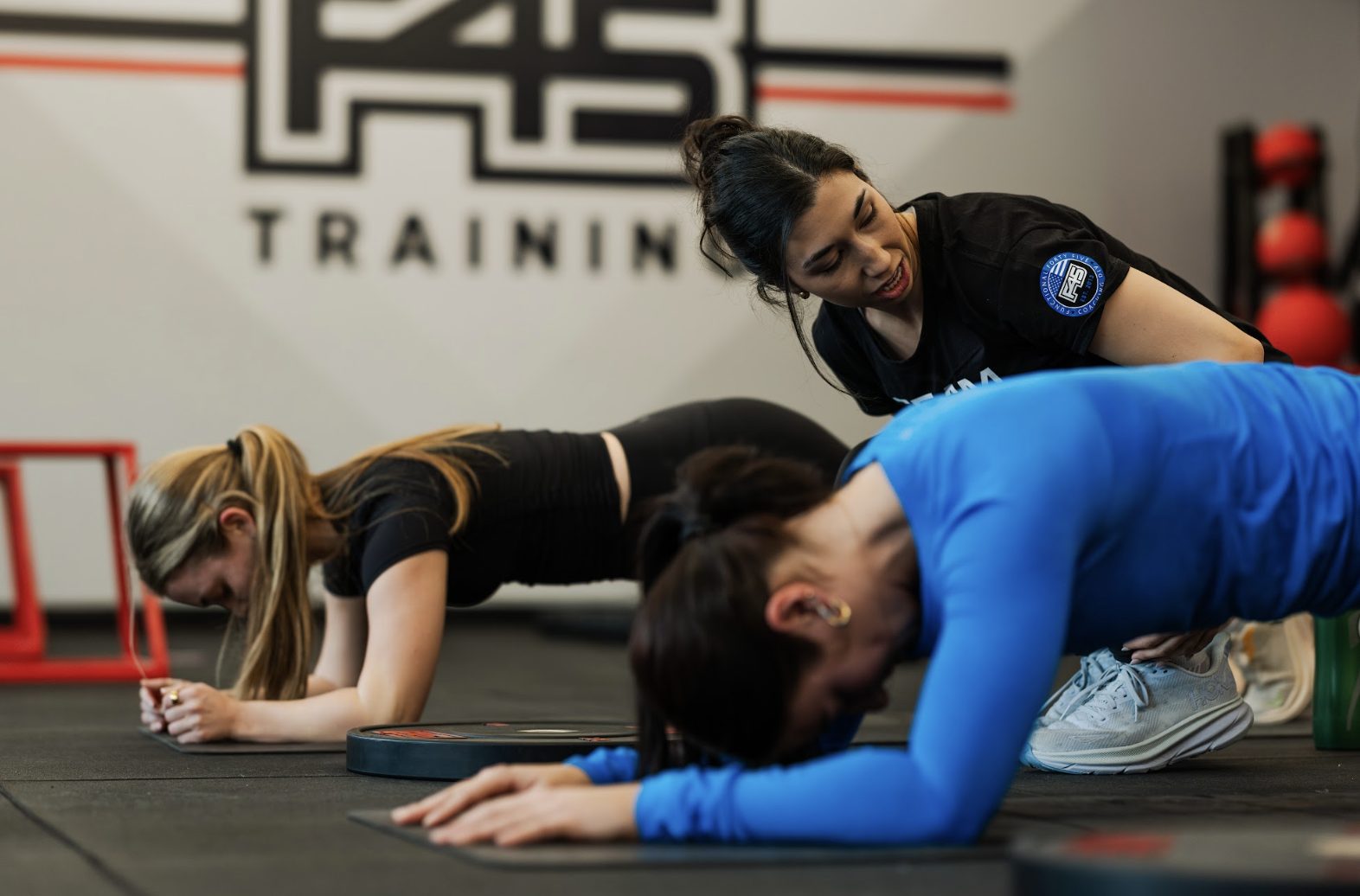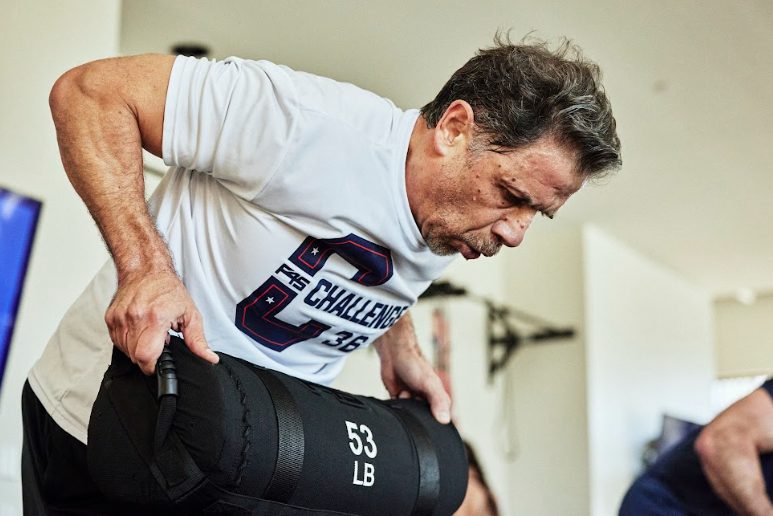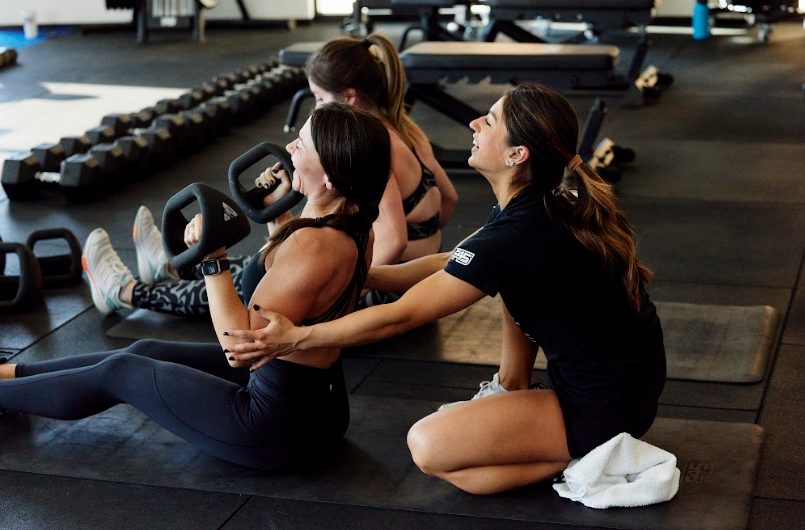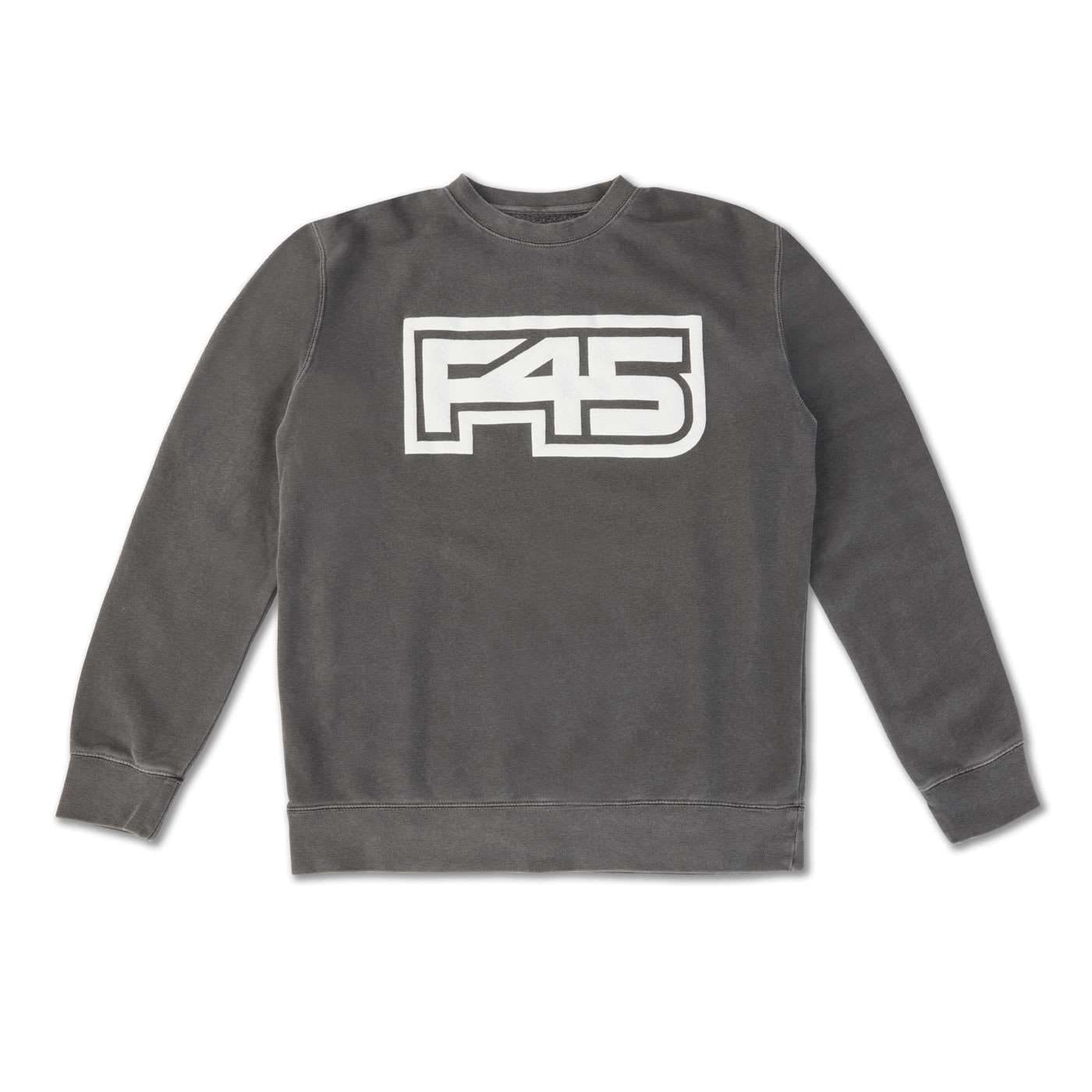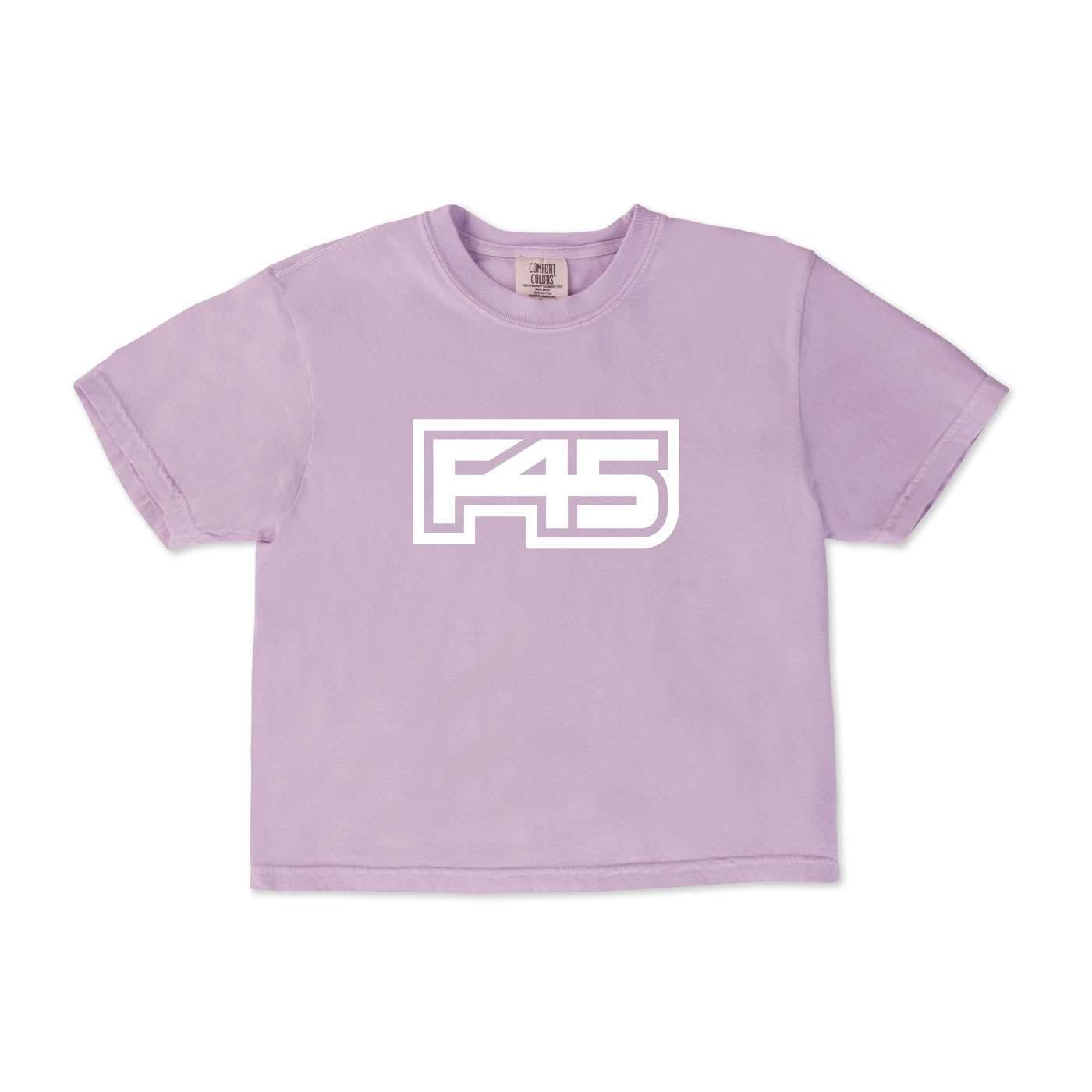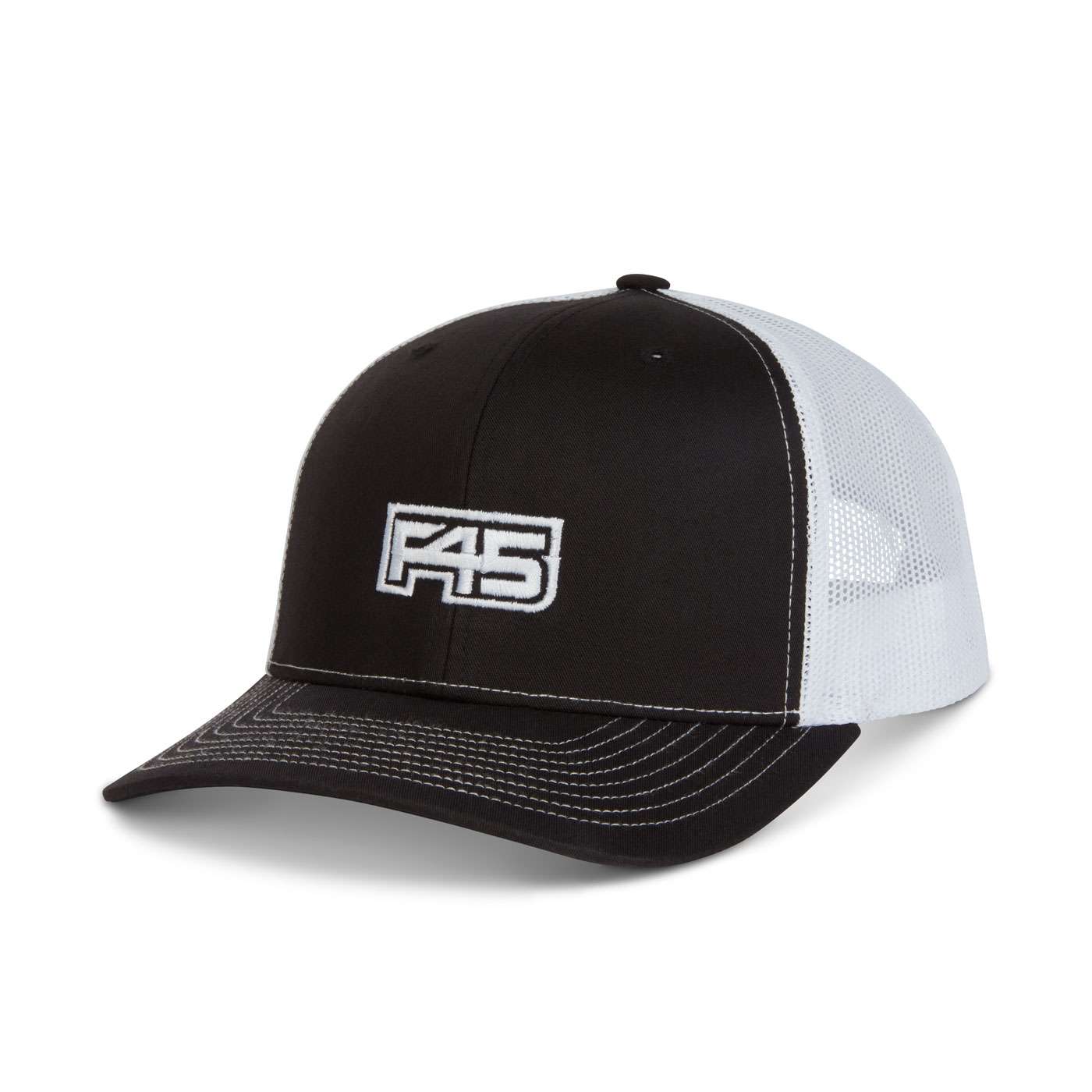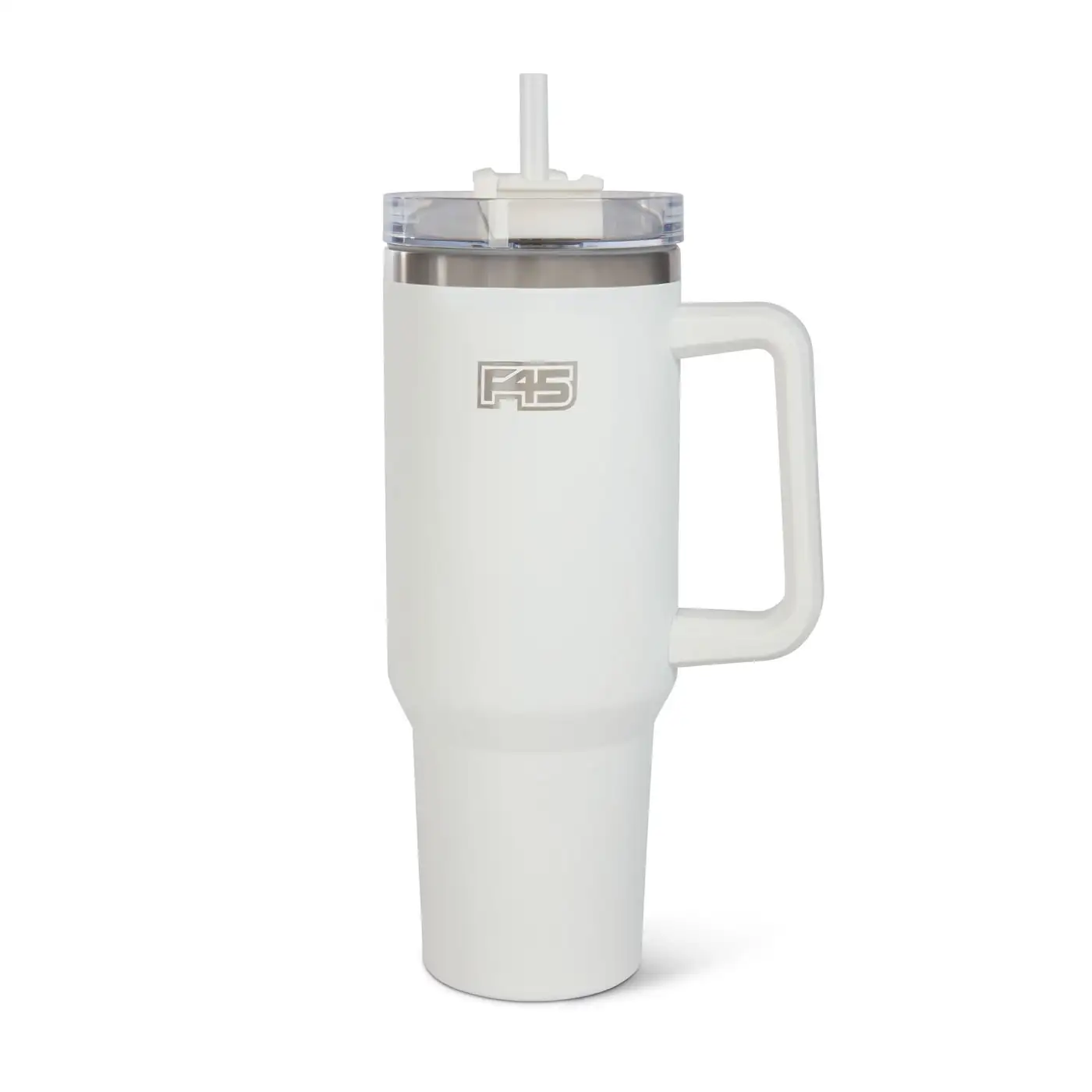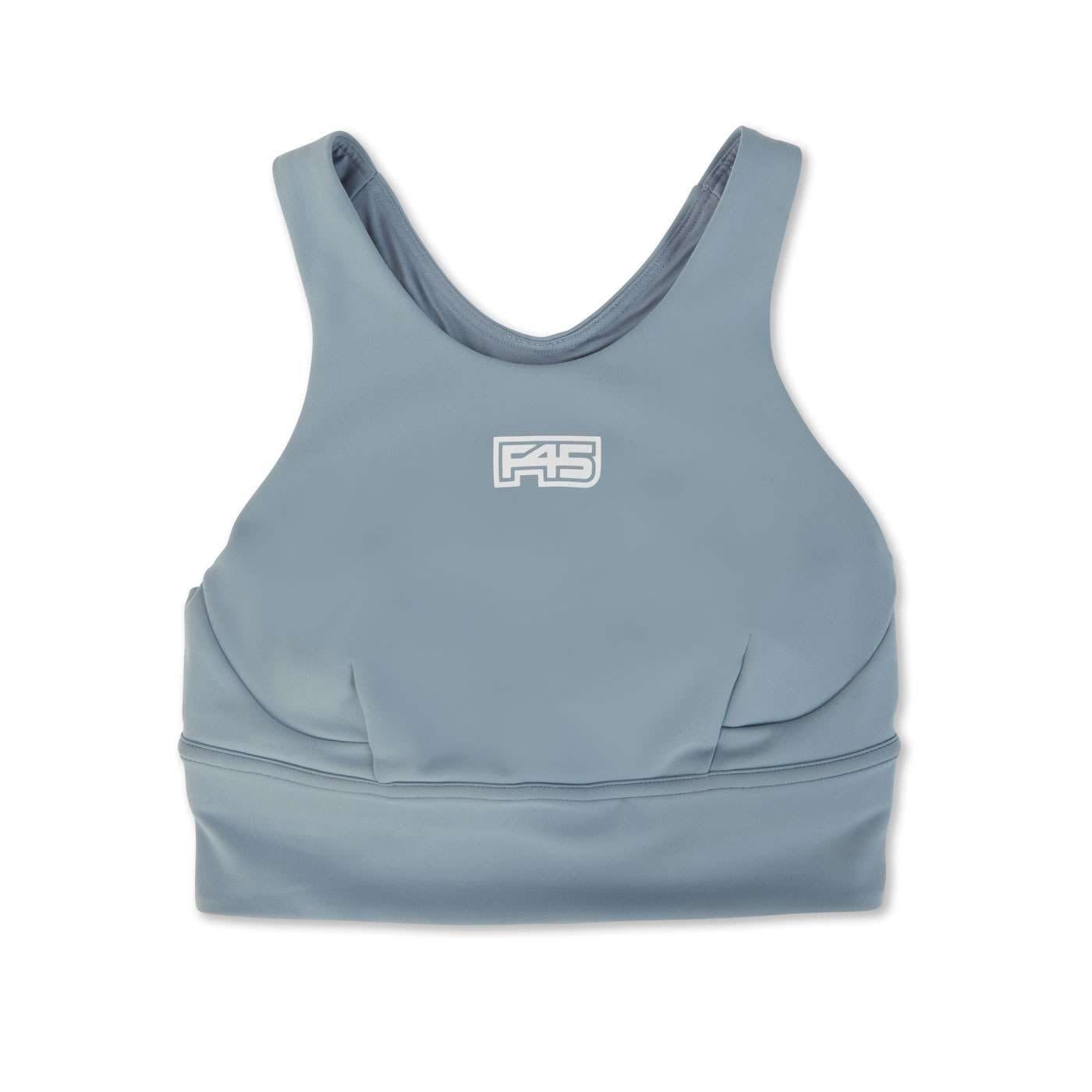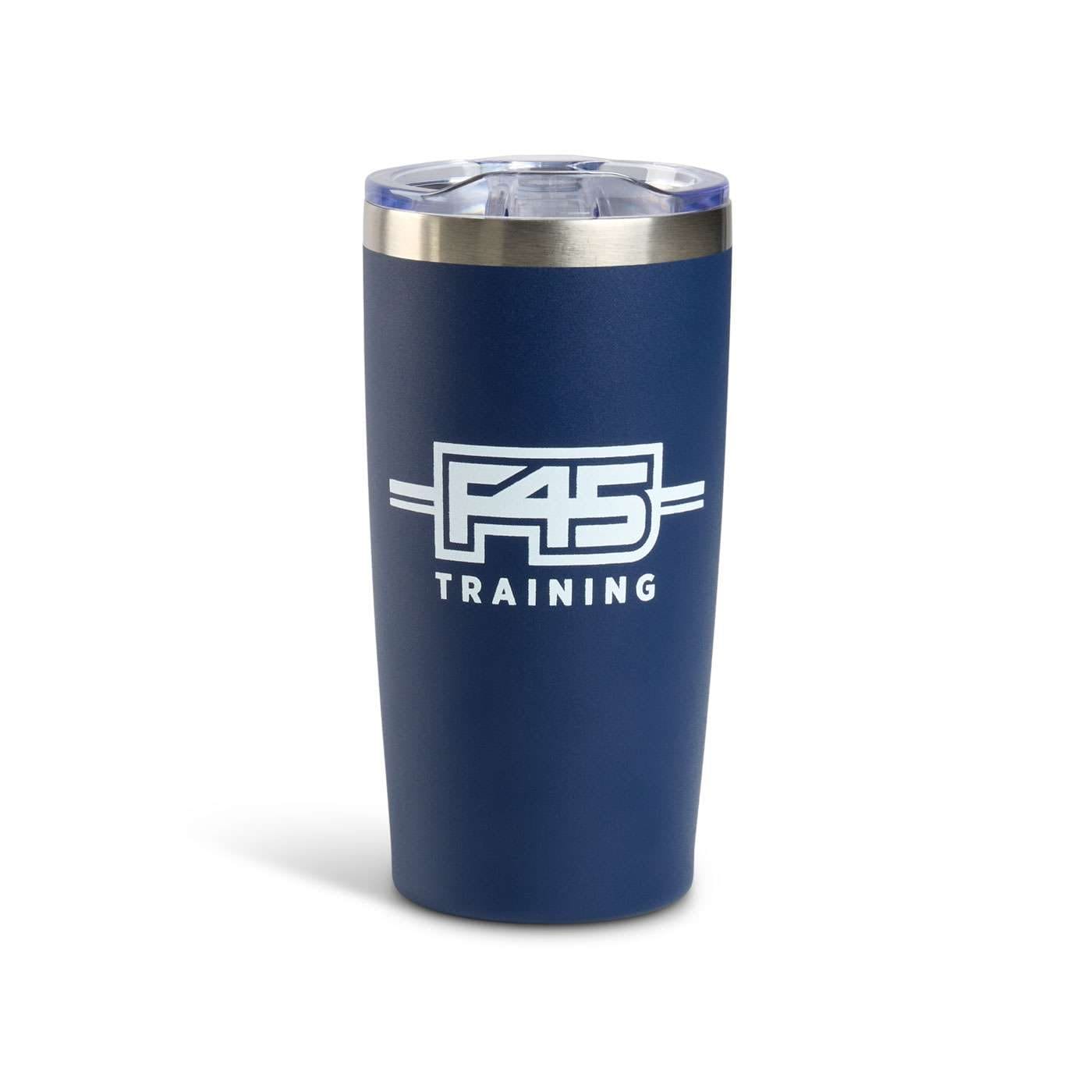Balancing alcohol and fitness is about two things: Good planning, and knowing how each affects the other. If you like to have a drink every now and then, learning how alcohol impacts your training can help you make smarter choices – and minimize any potential drop in workout performance.
Below, we’ll explore alcohol’s effect on exercise and why staying fit doesn’t mean saying no to fun – it just means showing up with a game plan.
What is alcohol’s effect on fitness?
Alcohol can affect your energy, your recovery, your ability to build lean muscle – and, in the long run, your results. The occasional drink won’t ruin your progress, though – and understanding the effects helps you train smarter and bounce back quicker.
Read on to dive into the alcohol vs exercise debate – and how the right balance can help you maintain a sustainable fitness routine.
Decreases performance
The more you drink, the greater impact alcohol is likely to have on your performance. You’ll feel less coordinated, your muscles will feel weaker, and you’ll have less energy overall¹.
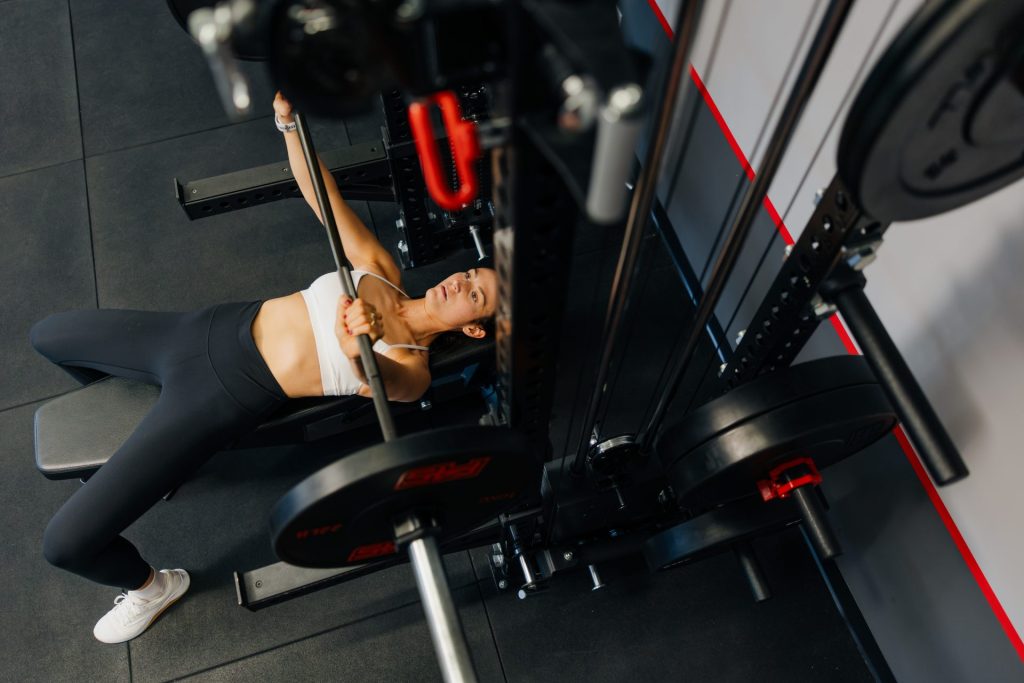
Hinders muscle recovery
After you’ve powered through a cardio or resistance workout, your body kicks into recovery mode. At this point, you might be tempted to open that cold, frosty bottle of beer in the fridge. But bear in mind that having alcohol after the gym can hinder the recovery process – and reduce the amount of muscle you build².
With the right pre- and post-workout nutrition, you’ll still make progress – but drinking can blunt those gains compared to staying alcohol-free.
Adds empty calories
Mixing alcohol and fitness means extra calories – but no real fuel for your body. Beer, wine, and sugary cocktails or mixers will add the most calories, so if you’re on a weight loss management plan, opt for low-carb or sugar-free options.
Dehydrates you
Alcohol is a diuretic, meaning that it increases the amount you need to use the bathroom. This causes your body to lose water – as well as valuable electrolytes. Dehydration also impairs your brain function and your reaction speed, which can have a negative impact on your workout performance³.
Enhances fatigue
Drinking and fitness both take a toll on your energy – but together, they can push fatigue further4. Alcohol can interfere with how your body replenishes its energy stores, which is why you can expect to feel a bit drained after a night out. Because of this, it’s a good idea to be extra mindful of preventing injury during exercise if you’ve consumed alcohol the night before. Consider swapping out your high-intensity workout for an active recovery session instead.
Reduces sleep quality
You can fall asleep faster after drinking – but overall, your sleep quality will be poorer5. The connection between sleep quality and workout performance is crucial, as it’s the key time your brain and muscles recover for the next day.
7 ways to balance working out with your social life
You don’t have to choose between training hard and having a social life – it’s all about balance. Whether it’s managing late nights or making smarter choices around how you juggle alcohol and gym, a little planning goes a long way.
Below, we’ve curated seven practical tips that will help smash your workouts, without having to give up an active social life.
1. Work out in the morning
When it comes to alcohol and fitness, timing matters.
Planning on having a drink in the evening? Get your workout done in the morning. This way you can begin recovery right away, rehydrate, and eat plenty of nutritious food before you consume alcohol.
Similarly, the day after drinking it can help to train in the afternoon or evening – giving your body time to refuel, rehydrate, and recharge.
2. Do shorter workouts
Juggling a social life alongside a workout routine isn’t always easy – especially when you have the demands of work, travel, and relationships to consider, too.
That’s why exercising for shorter periods – 20-, 30-, or 45-minute hybrid workouts , for instance – can be game changing. If you’re traveling or on the move, we recommend learning more about how exercise snacking – which involves breaking up your workouts into bite-sized bursts – can support you.
3. Get plenty of rest
Whether you’re recovering from a high-intensity session or have consumed alcohol after exercise, sleeping is a fantastic way to bounce back.
Alcohol-induced dehydration can cause interruptions to your sleep6, though, so if you had a few drinks earlier and find yourself waking up in the night, drink some water in before going back to sleep. And, if you’re still struggling to drop off, we have a variety of sleep hacks to set you up for a solid night’s rest.
4. Make your workouts social
Why choose between training and socializing – when you can do both?
Regular group fitness classes and challenges (like the F45 Challenge!) are awesome ways to exercise with friends and meet people.
Working out with others is a great way to build morale, encourage each other, and remain consistent. When your sweat sessions double as catch-ups, you’re more likely to stick to your fitness plan – and have fun while you’re at it!
5. Eat healthy
Fueling your body with a variety of macronutrients and micronutrients is the best way to get most out of every workout and social occasion. It also helps lessen alcohol’s effect on fitness by keeping your body nourished and better prepared for recovery.
Eating before drinking can reduce the temptation to buy high-calorie meals or snacks while you’re socializing. And to maintain a healthy diet – especially after a spontaneous outing – meal prep for the week, so you’ve got something nutritious to eat afterwards.
6. Choose low-calorie drinks
When it comes to alcohol vs exercise, small choices can make a big difference.
Beer, sugary cocktails, and creamy mixers can stack up calories fast, so go for options that won’t derail your hard work. Choosing lighter drinks (sparkling water instead of tonic water as a mixer, for example) means you can still enjoy a night out – without undoing all the effort you’ve put in at the gym.
7. Enjoy different social events (non-alcoholic)
There are so many awesome ways to socialize. So, switch things up with activities that don’t involve alcohol – like beach walks, hikes, creative hobbies, brunches, or even hosting people for a healthy dinner at home. It’s a great way to connect with friends while keeping your energy high and your goals on track.
Alcohol’s effect on exercise is real. But with the right habits, you can stay on track without missing out on the good times. To improve your recovery after a workout (or a night out), learn what contrast therapy is next.
Sources:
1 https://pubmed.ncbi.nlm.nih.gov/35389308/
2 https://pmc.ncbi.nlm.nih.gov/articles/PMC3257708/
3 https://pubmed.ncbi.nlm.nih.gov/23352231/
4 https://pubmed.ncbi.nlm.nih.gov/10646165/
5 https://pmc.ncbi.nlm.nih.gov/articles/PMC4666864/
6 https://pubmed.ncbi.nlm.nih.gov/29411452/
